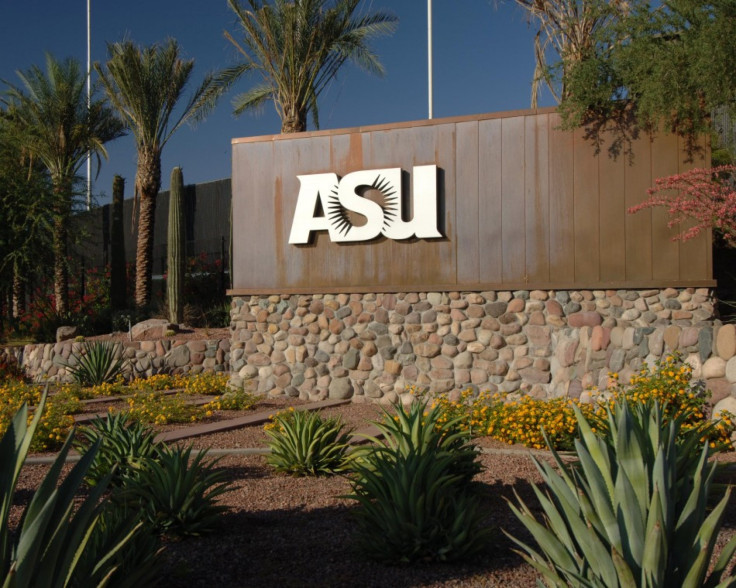Arizona State University partners with Mayo Clinic for advancements in medical practice and research

A couple of recent partnerships between Arizona State University (ASU) and institutions dedicated to healthcare research point to the University's growing commitment to medical education, research and practice.
In mid-February, ASU announced a partnership with the Mayo Clinic, signaling a deepening of the institutions' 8-year relationship during which they collaborated on a variety of programs (dual degree programs such as M.D./J.D. and M.D./MBA and a joint nursing education program), research projects and joint faculty appointments. The current agreement formalizes and broadens the co-operation and seeks to deliver new ideas, new solutions and new technologies that will have positive impacts on the future of health care, according to ASU president Michael Crow.
The partnership is expected to leverage the collective ability of the institutions to redesign medical education in ways that align with the future of health care delivery; it is being looked upon as an example of effective public-private collaboration that will not only lead to value enhancements in health care delivery but also has the potential to generate jobs for the Phoenix area.
The University's commitment in the medical domain was further substantiated when shortly after the above announcement it formalized an agreement with Taiwan's Chang Gung University (CGU) to establish an international Biosignatures Center aimed at the prevention, early detection, diagnosis, and treatment of cancer and other diseases. The partnership will focus on improving patient outcomes and reducing costs.
Nobel laureate, Leland Hartwell, who is the chief scientist at the Center for Sustainable Health (CSH) at ASU will co-direct the Chang Gung Biosignatures Center. CSH will provide expertise, technology platforms, access and informatics support to the new center.
ASU proposes to establish a Global Biosignatures Network which it launched through the Center for Sustainable Health last year; each center within the network is expected to serve as a virtual coordinating center to discover, develop, validate and implement diagnostic tests based on new enabling molecular and digital technologies with the objective of managing disease through prevention, early detection and effective therapeutic interventions.
Announcing the partnership with Chang Gung University, Michael Birt, Founder-Director of the CSH said, In addition to our relationship with Chang Gung University itself, we have been delighted by the response from leading companies in the medical field (who are) interested in collaborating with us to provide more innovative solutions to help sustain health.
© Copyright IBTimes 2025. All rights reserved.





















